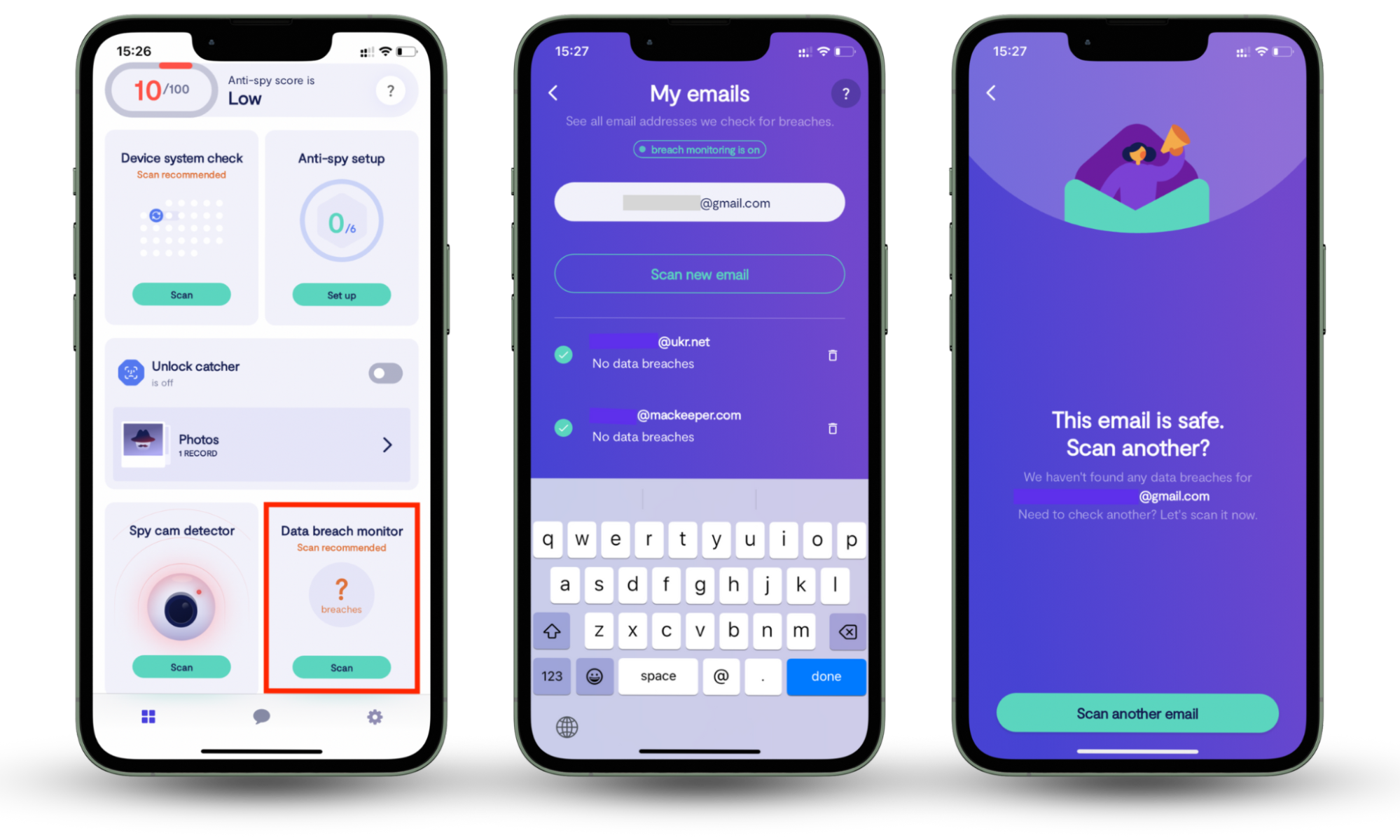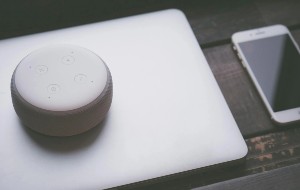Table of contents
- What is Etsy?
- Is Etsy legit?
- Is Etsy safe for credit cards?
- Can you get scammed on Etsy?
- 1. Fake or counterfeit products
- 2. Delivery to the wrong address
- 3. Off-platform payments
- 4. Hacking your account
- 5. Inconsistent pricing scam
- 6. Fake scam emails
- How to spot a fake Etsy seller
- 1. Suspicious seller profile
- 2. Stolen product images
- 3. There is almost no sales history
- 4. Applications for external payment
- 5. Links to external sites
- 6. Long delivery times and expensive tariffs
- 7. Bad reviews from customers
- 8. Slow message response time
- 9. Requests for your personal information
- 10. Check the seller's refund and return policy
- Can you get scammed on Etsy as a seller?
- Conclusion
What is Etsy?
Etsy is an online marketplace that connects buyers with sellers offering unique, homemade, vintage, and craft supplies. Launched in 2005, Etsy has grown into a vibrant platform where artisans, hobbyists, and small businesses showcase their products.
Is Etsy legit?
Yes, Etsy is legit. It has a solid reputation as a platform where buyers can purchase hard-to-find items from around the world. It even offers buyer protection in certain situations, like if items are late, damaged, or don’t match the product description. While these aren’t foolproof protections, it helps prove that Etsy is a trustworthy platform with real sellers.
Note
Etsy offers an app version of their marketplace, letting you access shops via your mobile phone. You might be wondering, are shop apps safe? Well, in the case of Etsy, the answer is yes.
Is Etsy safe for credit cards?
Yes. Etsy uses various security methods to protect transactions and user information. The platform uses secure technology to encrypt sensitive data and provides tools for users to report suspicious activity. However, it’s still crucial to exercise caution, as scammers may be present on the platform.
Can you get scammed on Etsy?
Yes. Like any online marketplace, it’s possible to get scammed on Etsy. Here are a few common ways scammers try to target their victims.
1. Fake or counterfeit products
Scammers may list counterfeit or fake products and advertise them as the real thing. If you’re looking for genuine handcrafted or vintage items, you might unknowingly purchase mass-produced goods instead. To avoid falling victim, carefully examine the seller reviews and product descriptions. Be cautious of any deals that seem too good to be true.
2. Delivery to the wrong address
Some sellers use the “delivery-to-the-wrong-address” scam to exploit Etsy’s policies. In this scam, a seller provides a fake tracking number or intentionally ships a fake item to an incorrect address in your area. When you report non-delivery, the seller argues that the package was sent, complicating refunds.
To protect yourself, make sure your shipping information is correct and reach out to Etsy’s support if something suspicious arises in your order tracking details.
3. Off-platform payments
Fraudsters often try to persuade buyers to complete transactions outside Etsy’s secure payment system, offering discounts or faster service. This avoids Etsy’s protections and leaves you vulnerable to losing money with no recourse if something goes wrong.
Instead, always make purchases on Etsy’s platform, where payment processes can be monitored for scams.
4. Hacking your account
Another common scam is to hack your account. Using strategies like phishing emails or gaining passwords through data breaches, scammers will gain unauthorized access to your account. Once in, they’ll steal your personal information or make purchases on your behalf.
Protect your account with strong, unique passwords and two-factor authentication (2FA). Ignore all requests for personal information or credentials.
5. Inconsistent pricing scam
The inconsistent pricing scam is where unethical sellers advertise products at one price, but add additional costs at the check out (like exorbitant shipping costs or hidden fees). This tactic can surprise you with a higher total cost than you anticipated. To avoid this scam, review fees before making the final purchase and compare item prices with different sellers.
6. Fake scam emails
Scammers often send fraudulent emails to buyers, posing as official communication from Etsy. These emails contain links or attachments that steal your personal information or infect your devices with malware. Generally, the emails will seem urgent, requesting account verification or payment details to resolve a problem.
To protect yourself against this scam, verify all emails by checking for spelling errors, making sure the sender’s email address is legit, and only accessing your Etsy account through the official website (rather than via links in emails).
How to spot a fake Etsy seller
Luckily, it’s usually possible to spot fake Etsy sellers if you’re vigilant. Here are the main things to look out for that indicate whether you’re dealing with a fake seller or not.
1. Suspicious seller profile
If you think you’re dealing with a scammer, the first thing you should do is check their profile. Suspicious sellers often have incomplete or vague information, no biography, or inconsistencies in their descriptions.
In contrast, genuine sellers will have comprehensive profiles with clear information about themselves and their products. If the profile seems hastily set up or lacks credibility, proceed with caution and conduct further checks of their authenticity.
2. Stolen product images
Fake Etsy sellers often use stolen product images which are low-resolution or appear on multiple listings in different shops. To verify the products, use reverse image search tools to see if the images link back to other sources. Authentic sellers will have high-quality, unique images that showcase products from several angles.
3. There is almost no sales history
A limited or completely missing sales history is a red flag, especially if the seller claims to be established or has high-value items. While new sellers will have zero history, cross-referencing their profiles with social media or other platforms can help verify their legitimacy. If you’re concerned, avoid the seller altogether.
4. Applications for external payment
Requests to complete transactions outside of Etsy’s platform are a major warning sign. As mentioned, external payments bypass Etsy’s security, exposing you to the risk of fraud. Legitimate sellers will always adhere to Etsy’s secure browsing policies and conduct payments within the platform.
5. Links to external sites
If a seller has links directing you to an external site for product details or purchases, it might be a scam. These links might lead to phishing sites that capture your personal information. Legitimate Etsy sellers will provide all necessary information on the Etsy platform itself, ensuring transparency and security in the shopping process.
6. Long delivery times and expensive tariffs
Extremely long delivery times (combined with high shipping fees) can suggest a scam because it suggests the items are being drop-shipped from another location. While some handmade items will have longer production times, high delivery charges with vague explanations can be a strategy to deter refunds.
7. Bad reviews from customers
Customer reviews are a useful way to gauge a seller’s reliability. If they have numerous negative reviews with details about unfulfilled orders, poor communication, or other issues, they may be a scammer. Pay attention to consistent negative feedback and repeated complaints which can highlight poor service or fraudulent behavior.
8. Slow message response time
Occasional slow responses are normal, but if communication is always delayed, it can signal a scam. Reliable sellers typically respond quickly, providing clear answers. Poor communication can also suggest a lack of professionalism, meaning it’s best to avoid that seller anyway.
9. Requests for your personal information
If a seller requests personal details beyond what’s necessary (like bank account information), they might be a scammer. Legitimate Etsy transactions don’t require that much personal data—sellers who demand that kind of information might be trying to commit identity theft.
Unfortunately, this type of scam is on the rise—and it can be challenging to spot. Worse, scammers can retrieve your personal information from data breaches without you even knowing. That’s where Clario Anti Spy can help. Clario Anti Spy’s Data breach monitor warns you when your email has been in a data breach so you can protect your accounts.
Here’s how to use Clario Anti Spy’s Data breach monitor:
- Download Clario Anti Spy and make an account.
- Under Data breach monitor, press Scan.
- Add your email address and tap Scan new email. If it’s safe, check your other accounts by pressing Scan another email. If Clario Anti Spy notifies you of a breach, follow the instructions to secure your accounts.

10. Check the seller's refund and return policy
A clear, reasonable refund and return policy reflects a seller’s confidence in their products and commitment to satisfaction. If the return policy is vague or overly restrictive, or there’s no policy at all, it’s potentially a scam. Make sure the policy is easily accessible and aligns with Etsy’s guidelines before making a purchase.
Can you get scammed on Etsy as a seller?
Yes, sellers on Etsy can also fall victim to scams. Here are some common scams that target Etsy sellers:
- Chargeback fraud. In this scam, buyers claim they never received an item or that the item was not as described, leading to a chargeback through their payment provider, even after receiving the product.
- Phishing emails. Scammers send emails pretending to be Etsy, asking for login credentials or sensitive information to compromise your account.
- Overpayment scams. A common scam is to send a fake overpayment, then request a refund for the overpaid amount before the seller realizes the original payment was fraudulent.
- Return fraud. Dishonest buyers return a different item than what was sent or claim an item is defective when it isn't, demanding a refund.
- Requests for off-platform transactions. In this scam, buyers persuade sellers to complete sales off Etsy, avoiding fees and protections, leading to fraudulent transactions. Remember, not all apps on the Apple Store are safe—beware fake apps and make sure to only download software from trustworthy sources.
To safeguard against these risks, sellers should use Etsy's platform for all communications and transactions, verify buyer information, and carefully document all sales and communications.
Conclusion
Etsy is a great place to buy and sell unique products, but like any online marketplace, you have to keep an eye out for fraudsters. Understanding the risks and verifying sellers will help you reduce the chances of falling victim to a scam.
For extra peace of mind and protection against scams, consider using Clario Anti Spy to detect data breaches and change your passwords before you fall victim to an Esty scam.


